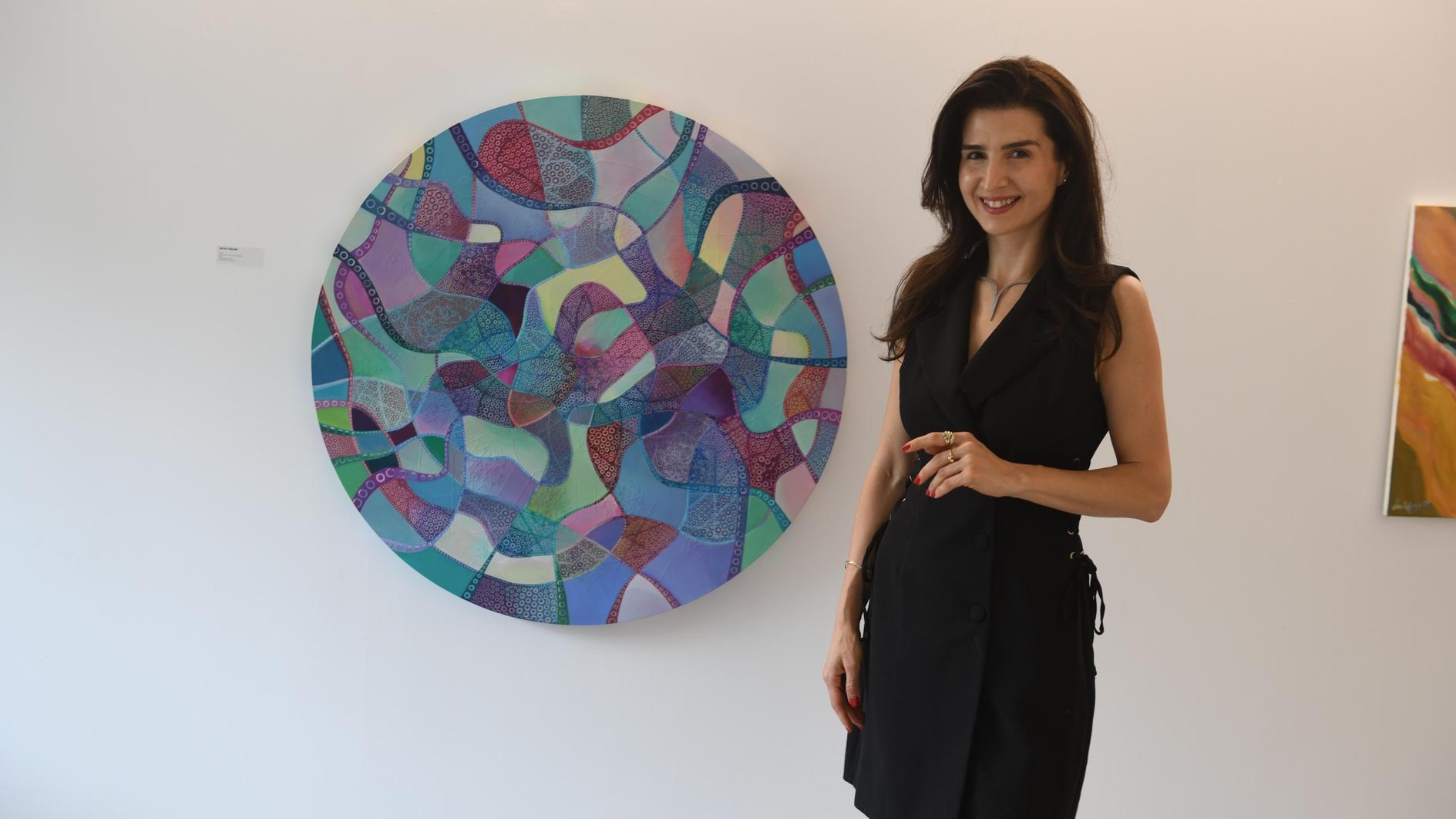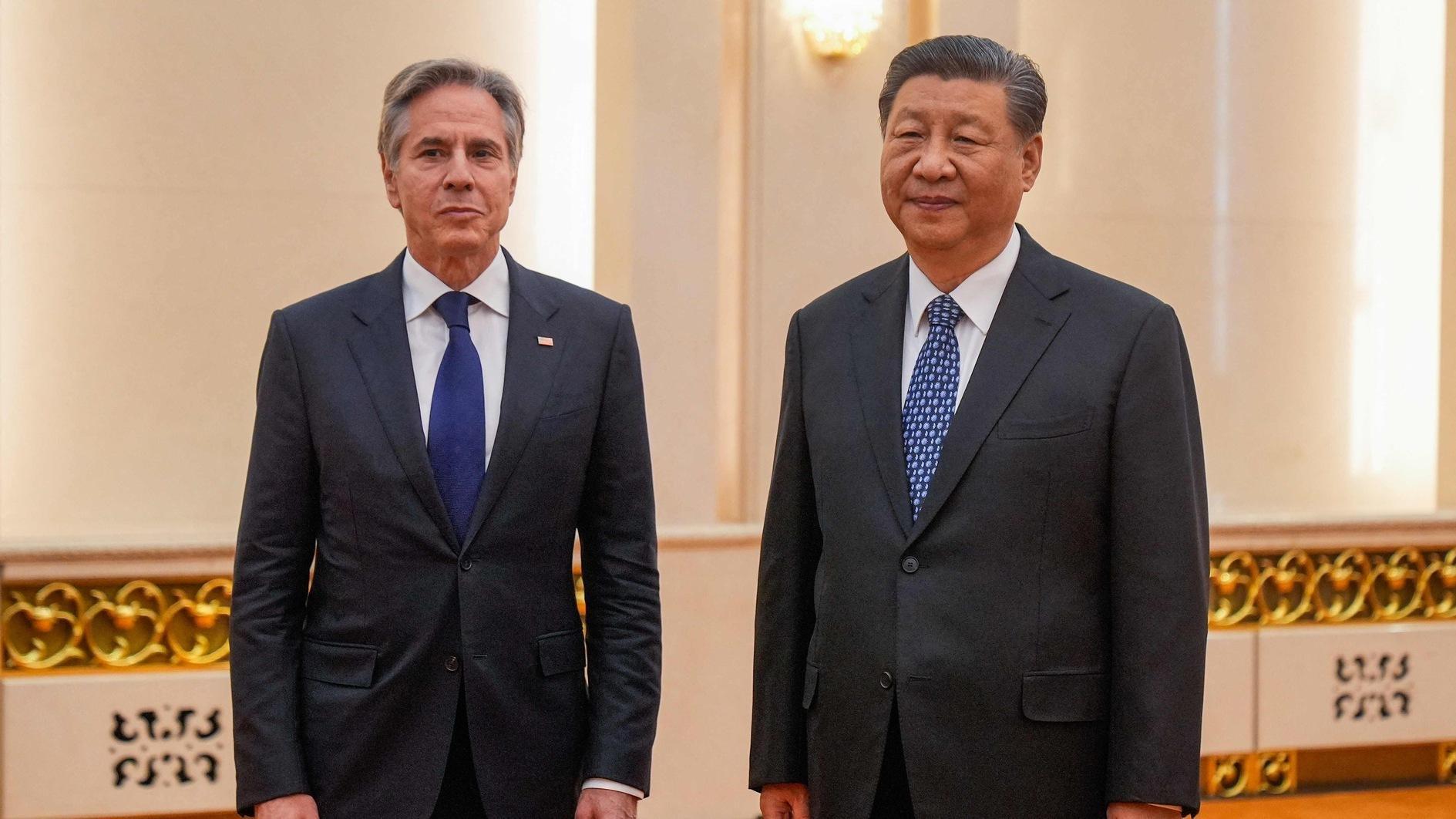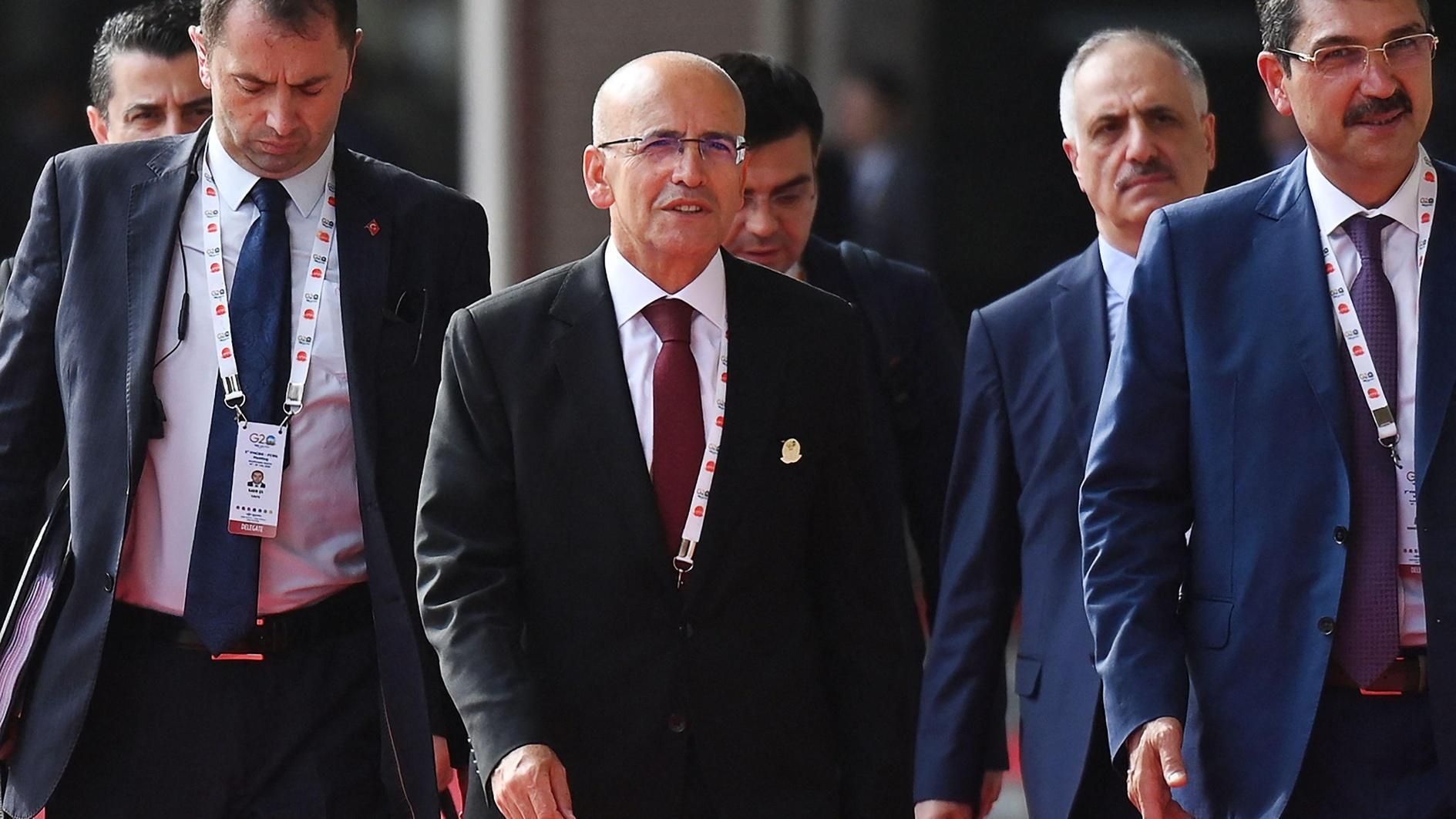Amnesia
Last weekend, one thing led to another and we found ourselves watching a documentary on events that led to the 1980 military coup in Turkey. I could not have asked for anything better. It was almost like reliving 30 years ago today. And I started to remember.
My sister and I were going to primary school in Bursa. We had a nice neighborhood but things were a bit scary. Staying outside to play hopscotch or hide-and-seek after dark was a big no-no. We could hear the whistles of the bekçi (a neighborhood guard). Then one day a bullet hit our wall. We could not figure out where it came from.
On the day of the coup, my mother was planning to fly to Germany for a medical convention. She and my dad left early in the morning for the airport, then came back. My dad had said, “The Army has taken over. There is a curfew.” I remember questioning if this would end reading the names in the radio. The daily death toll that is.
While watching the documentary produced by Ridvan Akar and late Mehmet Ali Birand, titled “12th September” (“12 EYLUL”), we witnessed how incredibly stuck the political process had become at that time. Then, the crisis was the presidential election, anarchy on the streets and the high price of oil. General Kenan Evren and his team “claimed” to have done everything possible to not intervene. Politics and government seemed to be desperate against the sectarian violence that erupted in cities like Kahramanmaraş and Çorum. There was a widespread sale of handguns, rifles, small armories. Turkey’s left had been surfing on a big wave of labor movements.
A lot changed after 1980. Turkey’s left never recovered from the big crush it witnessed. Ecevit and Baykal came back, but with no real leftist agenda. Socialists’ ties to villages, small towns were cut indefinitely.
Scary but true: some of the coup d’état policies still remain and may sound even more familiar. General Kenan Evren had proposed exactly the same kind of referendum for the new constitution as the AK Party. It was composed of two proposals and two boxes: One for the referendum, the other for his presidency.
Turkey was in deep financial trouble then. It may not be now. But then again, that was a closed system. People did not earn much and they did not borrow much. Now, personal debt rivals corporate debt. Turkey was an isolated nation then; now, it is fully integrated into the NATO and EU systems. So that makes us “too big to fail?” Perhaps, but even those were crushed when the time came.
One thing remained the same. Generals then saw the Kurdish uprising as “Apocular,” a small Kurdish nationalist movement that could spiral out of control and should have been dealt with. This was one the legitimacies of a military intervention. Now almost after 40 years, the military is fighting the same battle, losing manpower and ordinary citizens at the same time.
Amnesia is our national disease. We tend to forget or prefer not to remember. Not even to learn from our past mistakes. Pro-AKP TV channels only remember the headscarf crisis but not the Hizbullah attacks. Kurds only remember the tortures they lived in Diyarbakir jail. Nobody bothers to read the whole book.
Maybe we all should sit and watch the documentaries of late Mehmet Ali Birand again.
The more things change, the more they stay the same.











